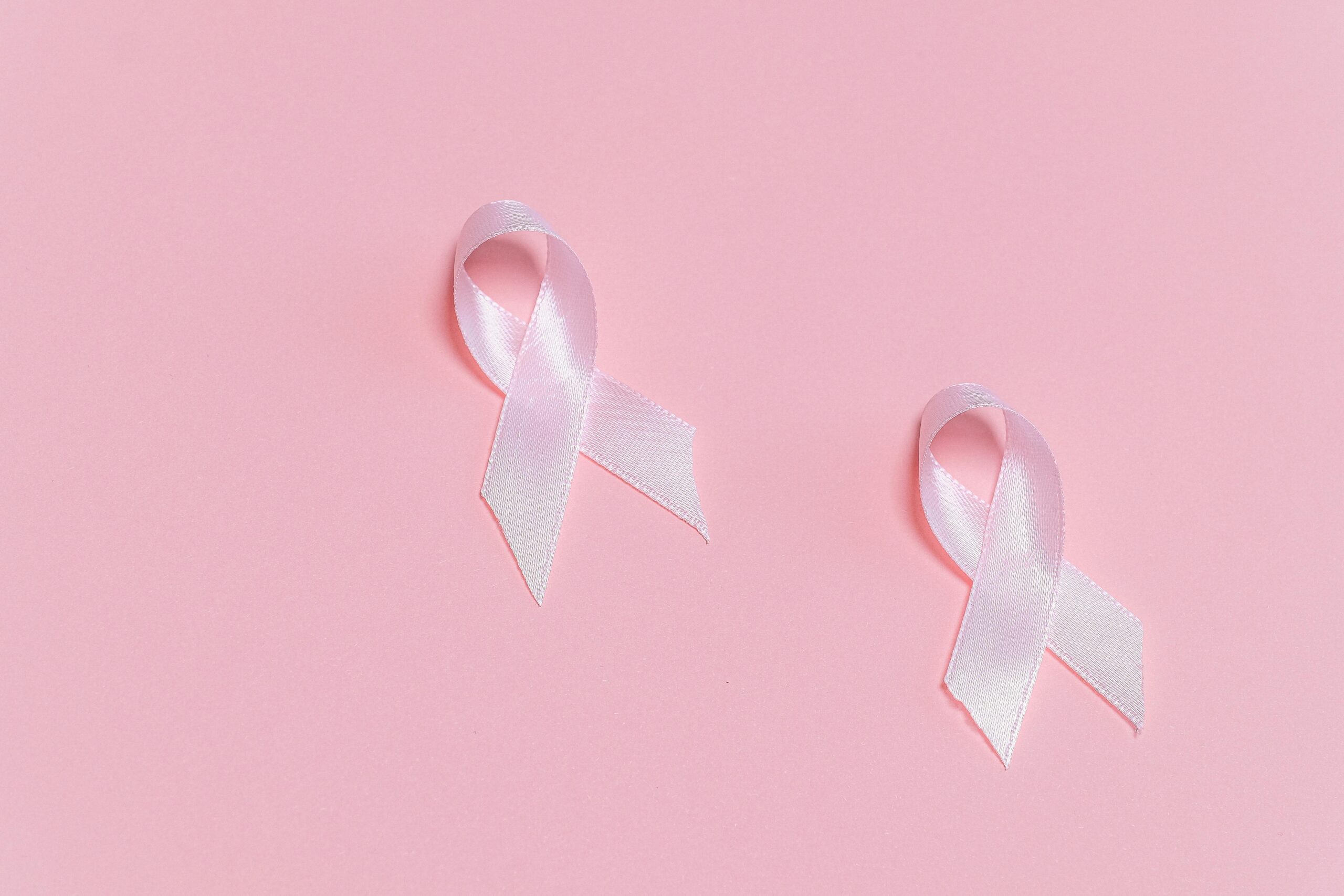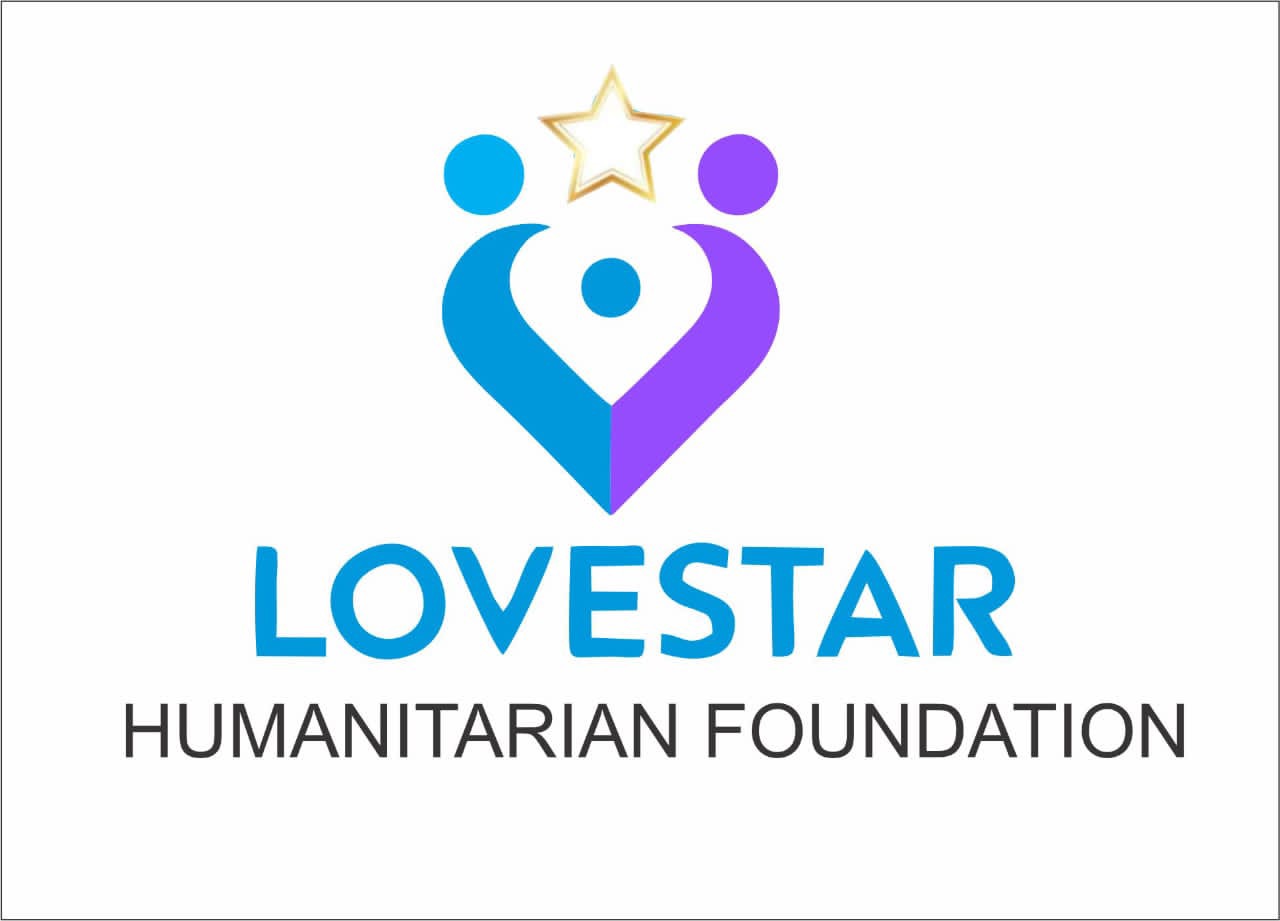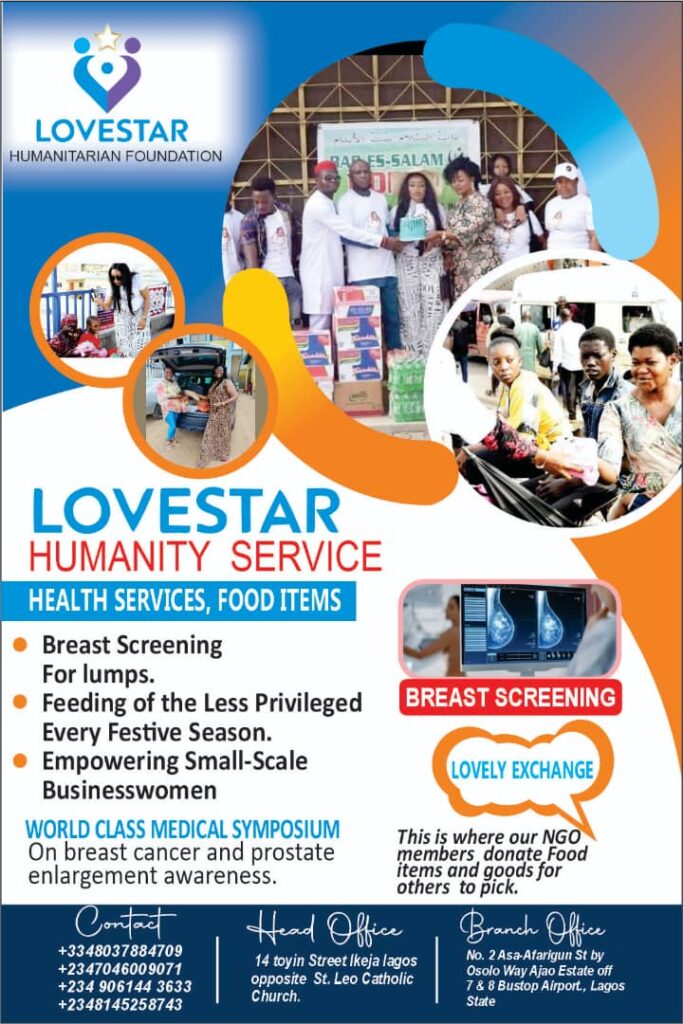Understanding the Early Warning Signs of Cancer
Cancer is most treatable when detected early. Unfortunately, many people overlook early symptoms, mistaking them for minor issues or everyday ailments. Understanding the early warning signs of cancer can lead to earlier diagnosis, better treatment options, and higher survival rates.
Why Early Detection Matters
Early-stage cancers are often more responsive to treatment and may require less aggressive therapies. Catching cancer before it spreads can make the difference between a full recovery and a life-threatening battle.
Common Early Warning Signs of Cancer
While symptoms can vary depending on the type of cancer, some general signs should never be ignored:
1. Unexplained Weight Loss
Losing weight without trying—especially 10 pounds or more—can be an early sign of cancer. Cancers of the stomach, pancreas, lungs, or esophagus are commonly associated with sudden weight loss.
2. Persistent Fatigue
While tiredness is common, fatigue that doesn’t improve with rest may indicate leukemia, colon, or stomach cancer. Cancer-related fatigue is often severe and long-lasting.
3. Changes in Skin Appearance
Watch out for:
- New moles or changes in existing ones
- Skin darkening (hyperpigmentation)
- Yellowing of the skin or eyes (jaundice)
- Itching or redness
These could signal skin cancer or other internal cancers affecting organ function.
4. Persistent Pain
Chronic pain, especially in the back, bones, or joints, may be an early sign of certain cancers like bone, ovarian, or brain cancer.
5. Changes in Bowel or Bladder Habits
- Constipation, diarrhea, or blood in the stool may indicate colon cancer.
- Painful urination or blood in the urine may suggest bladder or prostate cancer.
6. Unusual Bleeding or Discharge
- Coughing up blood can be linked to lung cancer.
- Vaginal bleeding after menopause may indicate uterine or cervical cancer.
- Blood in urine or stool should never be ignored.
7. Lumps or Thickening
A lump under the skin—especially in the breast, testicles, lymph nodes, or soft tissue—can be a sign of cancer. Any new lump should be examined by a healthcare provider.
8. Difficulty Swallowing or Persistent Indigestion
Issues with swallowing or a feeling of food getting stuck may be a sign of throat, esophageal, or stomach cancer.
9. Chronic Cough or Hoarseness
A persistent cough that doesn’t go away, hoarseness, or shortness of breath may point to lung, thyroid, or throat cancers.
10. Sores That Don’t Heal
A sore on the skin or inside the mouth that doesn’t heal may be a sign of skin or oral cancer. This is especially important if the sore is painless or keeps recurring.
When to See a Doctor
If you experience any of these symptoms persistently for more than a few weeks, it’s essential to consult a doctor. While these signs don’t always mean cancer, they deserve attention—early diagnosis could save your life.
Conclusion
Awareness of the early warning signs of cancer empowers individuals to take action when something feels off. Regular checkups, cancer screenings, and knowing your body are powerful tools in the fight against cancer. When it comes to cancer, early detection saves lives.








